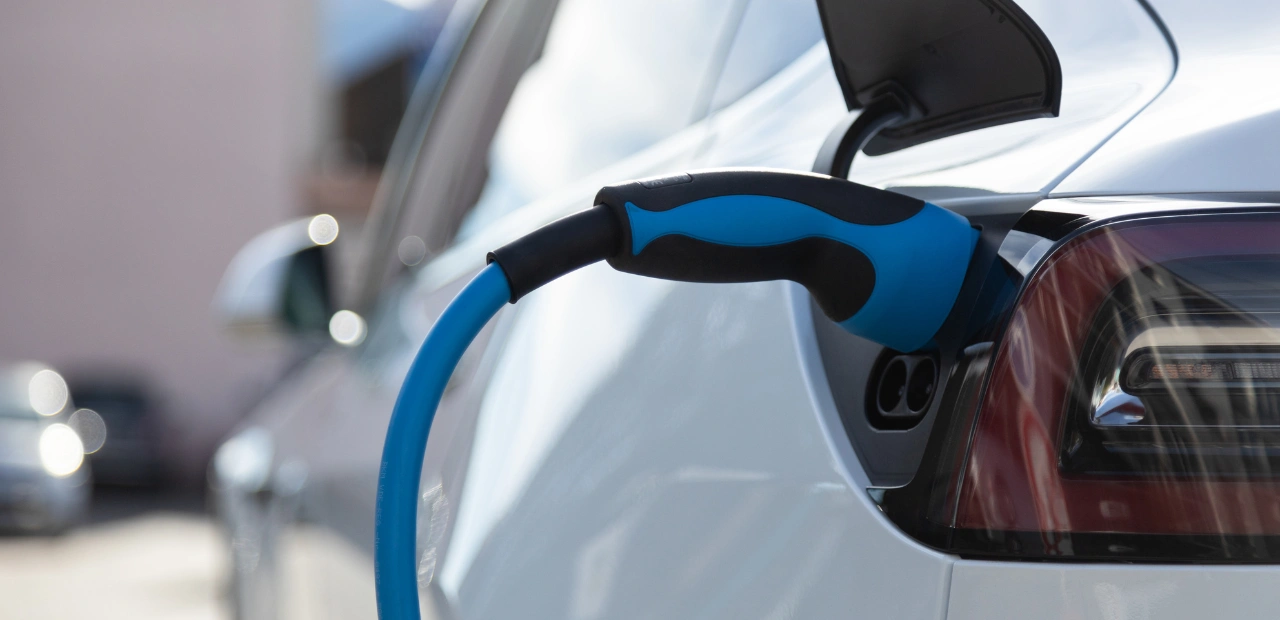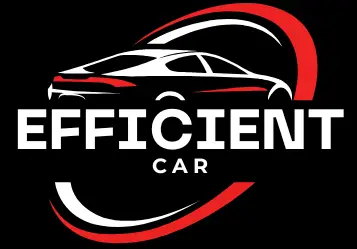The importance of regular maintenance for fuel-efficient cars

Extended Engine Life: Timely oil changes, along with routine inspections of belts and hoses, reduce the wear and tear on the engine. A well-maintained engine will have a longer lifespan, saving you from costly repairs or premature replacements.
Timely oil changes and routine inspections of belts and hoses play a critical role in reducing the wear and tear on the engine. By maintaining a well-oiled engine, you can expect a longer lifespan for your vehicle, which ultimately saves you from expensive repairs or premature replacements. Neglecting regular maintenance can lead to the buildup of debris and contaminants that can cause friction and damage within the engine, resulting in decreased performance and increased repair costs.
Regular maintenance not only helps extend the life of your engine but also contributes to improved fuel efficiency and reduced emissions. By ensuring that all components are functioning optimally, you can minimize the strain on the engine and promote a more efficient combustion process. This not only benefits the environment but also ensures that your vehicle complies with emission regulations. By taking care of the engine through timely oil changes and routine inspections, you can enjoy a reliable and efficient vehicle that performs at its best for years to come.
Improved Emission Control: Regular maintenance prevents the build-up of harmful emissions by keeping the exhaust system in check. This not only benefits the environment but also ensures your vehicle complies with emission regulations.
Regular maintenance plays a crucial role in controlling harmful emissions and maintaining a well-functioning exhaust system. By adhering to routine maintenance schedules, vehicle owners can effectively prevent the build-up of emissions that contribute to air pollution. This not only benefits the environment but also ensures compliance with emission regulations set by governing bodies.
In addition to protecting the environment, regular maintenance that focuses on emission control also brings advantages to individual vehicle owners. By keeping the exhaust system in check, maintenance reduces the risk of potential malfunctions or failures that could lead to costly repairs or replacements. Furthermore, complying with emission regulations ensures that your vehicle passes mandatory inspections, preventing fines or penalties associated with non-compliance. In essence, regular maintenance contributes to both a cleaner environment and a smoother, hassle-free ownership experience.
Reliable Performance: Consistent maintenance, including periodic tune-ups and fluid checks, helps identify and address potential issues before they escalate. This ensures that your fuel-efficient car performs optimally, providing a smooth and reliable driving experience.
Consistent maintenance is essential for ensuring the reliable performance of your fuel-efficient car. By keeping up with periodic tune-ups and fluid checks, you can proactively identify and address potential issues before they have a chance to escalate. This proactive approach not only prevents unexpected breakdowns but also helps your vehicle perform optimally, providing you with a smooth and reliable driving experience.
Regular tune-ups are crucial for keeping your car in top shape. During these inspections, mechanics will be able to identify any issues with your vehicle's engine, ignition system, or other components that may hinder its performance. By addressing these problems early on, you can avoid further damage and ensure that your fuel-efficient car continues to run at peak efficiency. Additionally, routine fluid checks help maintain the proper levels of essential fluids such as oil, coolant, and transmission fluid, which are essential for the smooth operation of your vehicle's various systems.
In summary, consistent maintenance, including periodic tune-ups and fluid checks, is vital for the reliable performance of your fuel-efficient car. By taking a proactive approach, you can address potential issues before they escalate, providing you with a smooth and worry-free driving experience.
Cost Savings: While some may view maintenance as an additional expense, it is actually a cost-saving measure. By preventing major breakdowns and addressing minor issues promptly, you avoid expensive repairs and extend the lifespan of your vehicle.
Regular maintenance is often seen as an added expense, but it is important to recognize that it is actually a cost-saving measure. By regularly maintaining your vehicle, you can prevent major breakdowns and address minor issues before they turn into more expensive repairs. This proactive approach not only saves you money in the long run but also extends the lifespan of your vehicle.
When you neglect regular maintenance, small problems can quickly escalate into more significant issues that require costly repairs. By staying on top of routine maintenance tasks like oil changes, fluid checks, and filter replacements, you can catch potential problems early on. This allows you to address them before they cause further damage or lead to a breakdown on the road. By taking care of these minor issues promptly, you can significantly cut down on repair costs and avoid the inconvenience of unexpected breakdowns. Additionally, by extending the lifespan of your vehicle through regular maintenance, you delay the need for a costly replacement, saving you even more money in the long term.
Safety Assurance: Regular maintenance contributes to the overall safety of your fuel-efficient car. Brake inspections, tire rotations, and alignments are essential for maintaining optimal traction and control while driving, reducing the risk of accidents.
Regular maintenance plays a vital role in ensuring the safety of your fuel-efficient car. It involves various measures such as brake inspections, tire rotations, and alignments, all of which contribute to maintaining optimal traction and control while driving. By regularly checking your brakes, you can identify any wear or damage that may compromise their effectiveness, allowing you to address the issue before it escalates. Similarly, tire rotations help distribute wear more evenly across all tires, ensuring balanced performance and reducing the risk of a blowout or loss of control on the road. Additionally, periodic alignments help maintain proper wheel alignment, allowing for smoother handling and improved steering response, ultimately enhancing the overall safety of your vehicle.
By adhering to regular maintenance routines, you significantly reduce the risk of accidents and ensure a safer driving experience. A well-maintained car is equipped with effective brakes, properly aligned wheels, and evenly worn tires, all of which contribute to optimal traction and control on the road. This allows you to navigate various driving conditions with confidence, whether it's sudden stops, sharp turns, or slippery surfaces. Moreover, the timely identification and resolution of potential issues during routine inspections help prevent more serious problems that could compromise the safety of your vehicle. Therefore, investing in regular maintenance not only extends the life of your fuel-efficient car but also provides the peace of mind that comes with knowing you are taking proactive measures to ensure your safety and the safety of others on the road.
Warranty Protection: Many fuel-efficient cars come with warranties that require regular maintenance to remain valid. Failing to adhere to the specified maintenance schedule may void your warranty, leaving you responsible for costly repairs that could have been covered.
Many fuel-efficient cars come with warranties that require regular maintenance to remain valid. Neglecting to follow the specified maintenance schedule can have serious consequences for your warranty. In fact, failing to adhere to these maintenance requirements may result in the voiding of your warranty, leaving you responsible for any costly repairs that could have otherwise been covered. It is important to recognize that the warranty provided by the manufacturer is contingent upon the owner's commitment to maintaining the vehicle according to the recommended guidelines.
By adhering to the maintenance schedule outlined in your warranty, you not only ensure that your vehicle's performance remains at its best, but you also protect yourself financially. Regular maintenance and servicing not only catch potential issues early on, but they also prevent them from escalating into significant and expensive repairs down the line. By investing in routine inspections and tune-ups, you can minimize your risk of facing unexpected repair bills and extend the lifespan of your vehicle. So, by simply following the maintenance requirements outlined in your warranty, you can enjoy the peace of mind that comes with knowing both your vehicle and your finances are protected.
